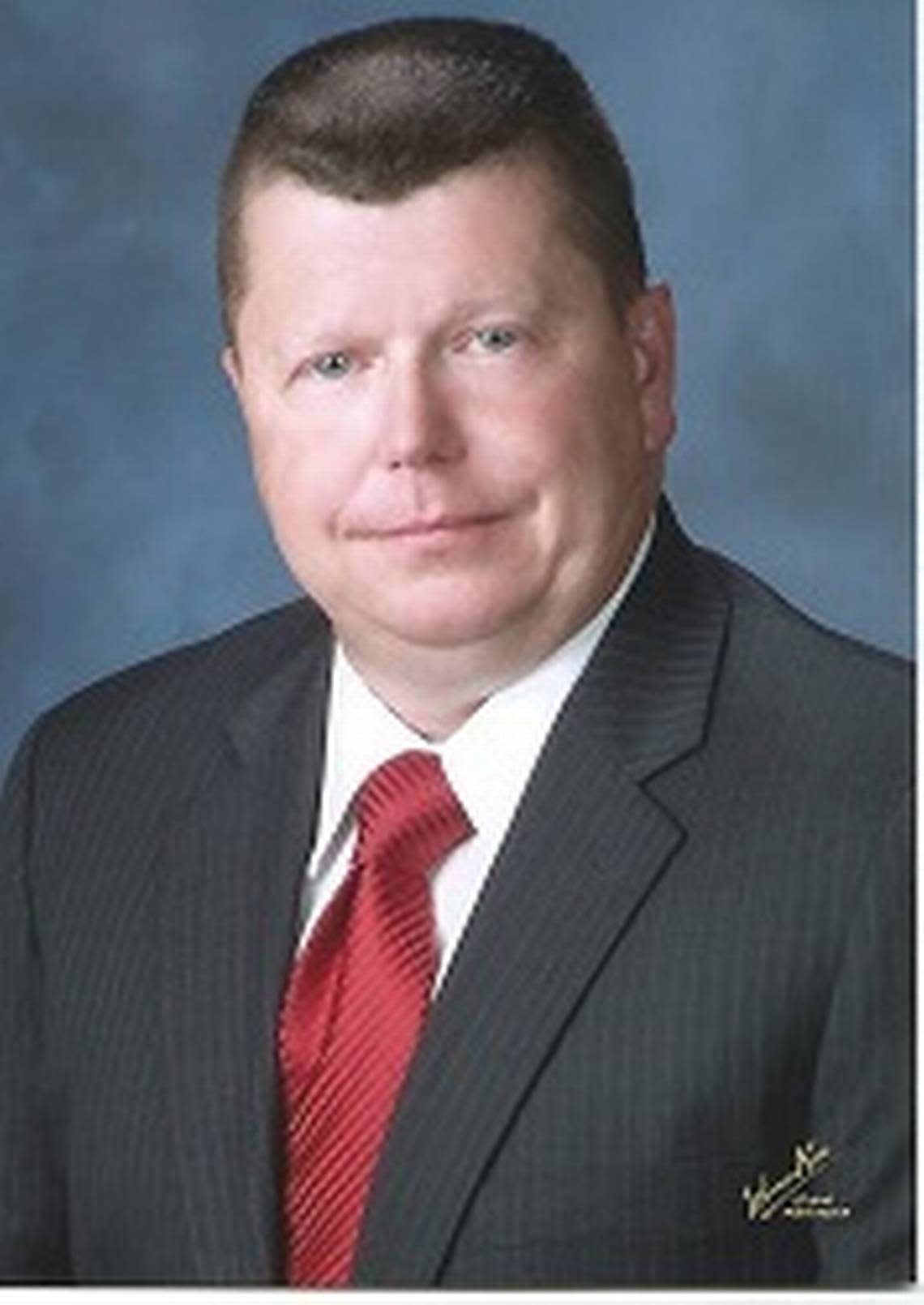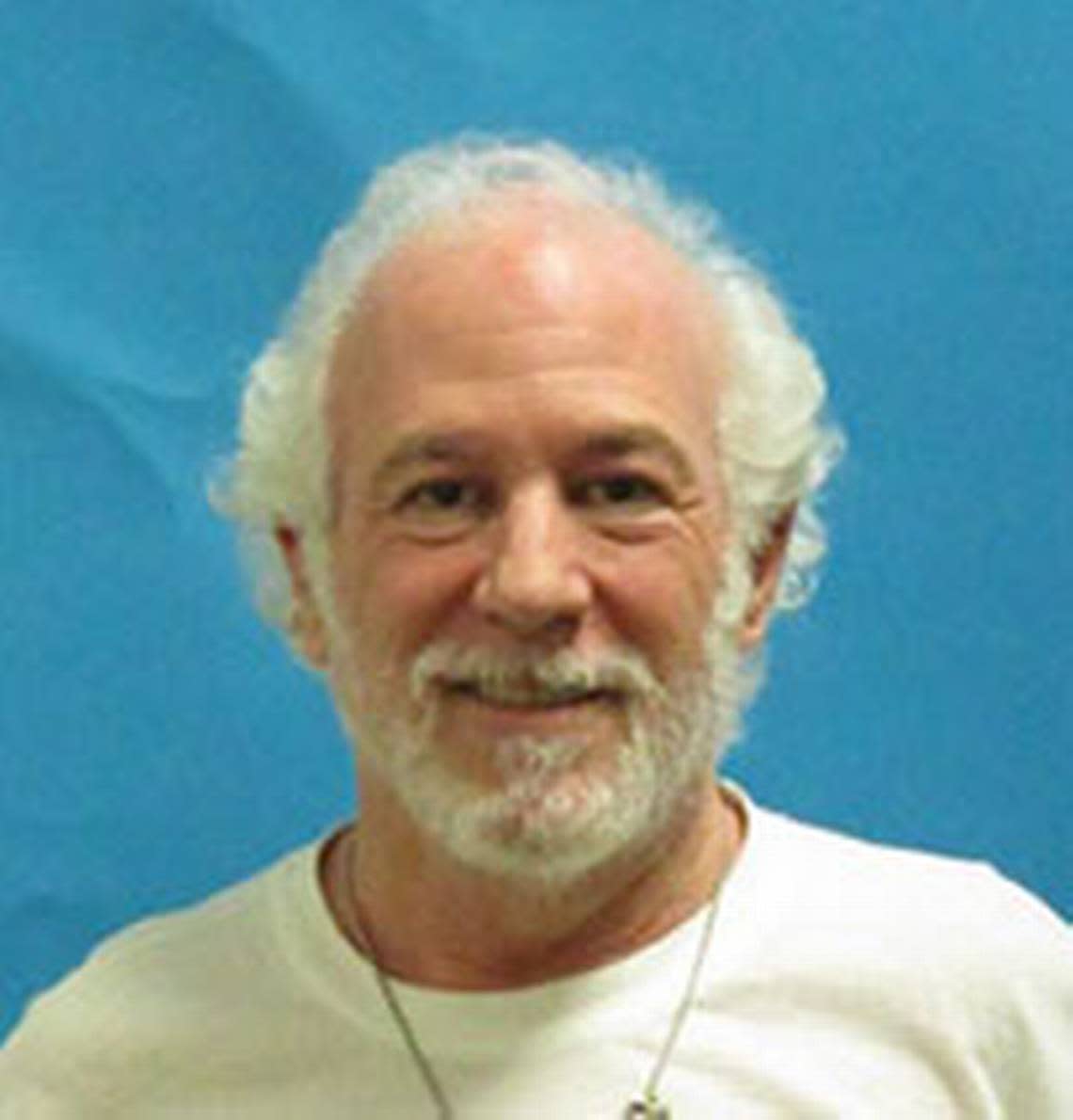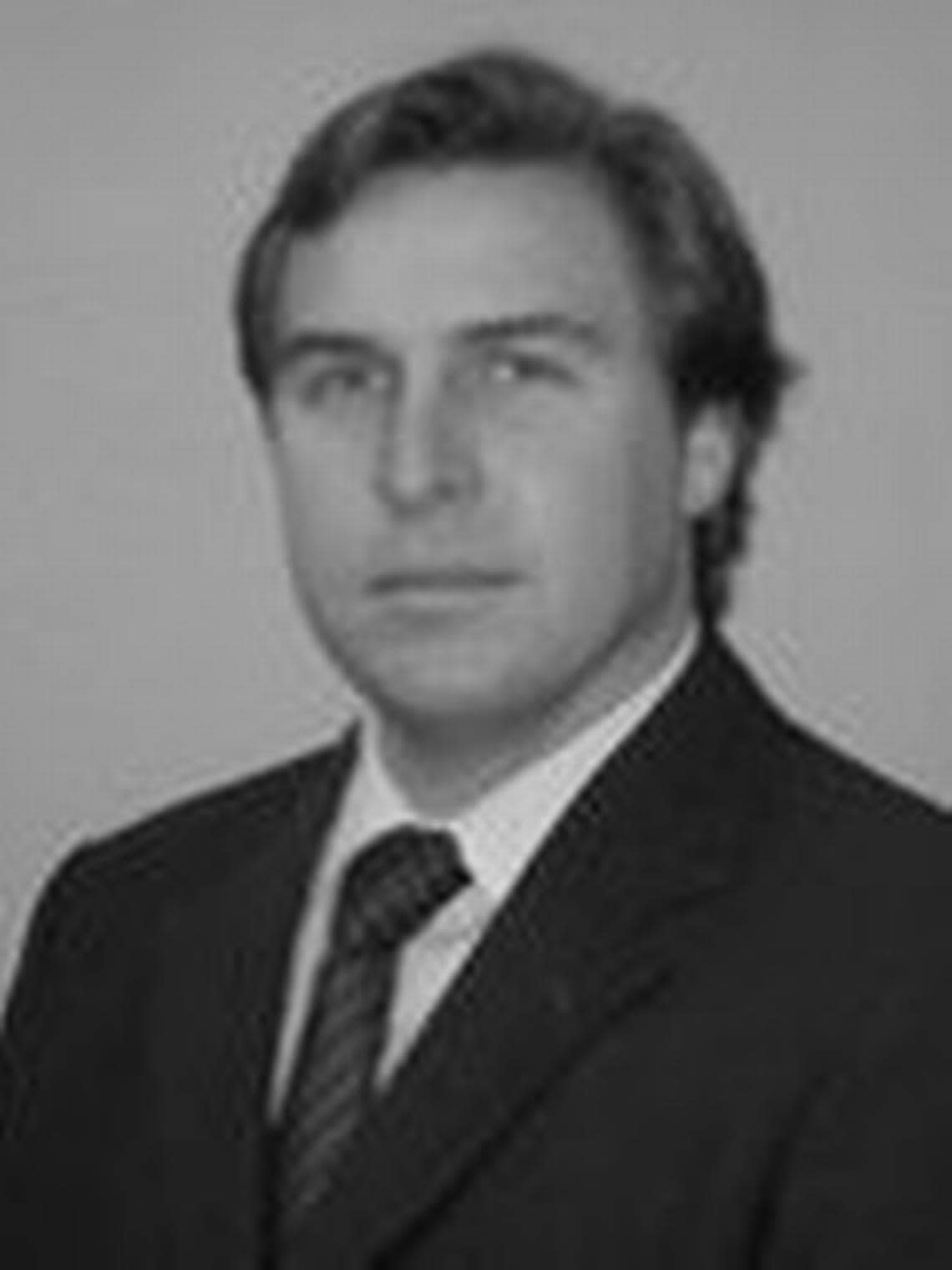Miami to Palm Beach lawyers’ email trouble, aggravated battery, fighting disbarment
Among the South Florida lawyers on the Florida Bar’s monthly list of attorneys disciplined by the Florida Supreme Court, one asked for essential disbarment, two have asked for a rehearing on their disbarments and one was disbarred because he hasn’t been heard from at all.
In alphabetical order:
Timmy Cox, Plantation
Timmy Cox (admitted to the Bar in 2014) questioned a judge’s impartiality. Cox interrupted that same judge to call him “rude to my client.” Cox filed a petition in an adoption so poorly done it got him called out for incompetence, and didn’t tell a mother that she was signing papers to irrevocably give up her parental rights.
To the above, Cox filed a guilty plea for consent judgment and started serving a one-year suspension that could have ended Dec. 24, 2022.

READ MORE: Fraud, drugs, stolen money by Miami, Miami Beach, Fort Lauderdale and Palm Beach lawyers
But when one more person filed a grievance against Cox last December, he didn’t respond at all.
“This is now the third time the bar has had to petition this Court for contempt and an order to show cause regarding this respondent,” the Bar’s latest petition for contempt said. “The cumulative nature of [Cox’s] contemptuous conduct makes it evident that respondent does not value his privilege to practice law. In such instances, disbarment is warranted.”
The court agreed. Cox has been disbarred.
Brian Glick, Boca Raton
Brian Glick (admitted in 1981) got permanently disbarred on Nov. 29, but filed for a rehearing on Dec. 15.
Glick had been a practicing attorney since being suspended in 2019. The Bar said he misappropriated $2,110 from his trust account that should have paid on a client’s medical liens, but didn’t until the client filed a Bar grievance. The Bar said bank records showed Glick used the money for other purposes, then replenished it and paid the client (that’s a no-no — client funds in the trust account should go directly to the client).
READ MORE: Trusting a spouse, and lying to courts and clients get these attorneys disciplined
Once another Bar discipline case arose after the Bar said it received notification of a trust account check bounce, Glick applied for disciplinary revocation with leave to apply for readmission after five years. Under disciplinary revocation, the Bar discipline cases go away and the lawyer goes away, essentially disbarred. Related civil and criminal cases remain.
According to the Bar’s latest petition for contempt, when Glick’s disciplinary revocation kicked in, his Bank United trust account balance was $25,126.11. Glick’s July 2019 emergency suspension prevented him from doing anything with the money in that trust account “without approval of the Florida Supreme Court or a referee appointed by the Florida Supreme Court or by order of the circuit court in which an inventory attorney has been appointed.”
The Bar counted eight times that Glick tried to write checks on the account and petitioned that for this contempt, he should be disbarred. This petition got emailed to Glick’s AOL email address, a floridainjuryattorneys.com email address and Bar address of record, 54 SW Second Ave. in Boca Raton.
When Glick didn’t answer, the state Supreme Court disbarred him on Nov. 29.
Glick argued that he hadn’t heard from the Bar since Jan. 26, 2022, and knew of the Bar’s petition only when the state Supreme Court emailed him its decision. His motion for rehearing asks why the Bar would email old work email addresses and snail mail the petition to a law office that’s been closed since 2019. Why not mail it to — or serve him at — the home address he says they’ve had since 2001?
Glick said he’s filing the motion only to show “Glick doesn’t accept being treated this way;” “to bring the Bar’s conduct before and to the attention of the court;” and “what is most important,” to establish that he’d never ignore any order of a court.
The court has yet to rule on Glick’s motion.
READ MORE: A Florida lawyer has disappeared while owing people more than $200,000, the Bar says
Donald Jacobson, West Palm Beach
Donald Jacobson’s girlfriend told deputies in Pompano Beach that he beat her and tried to keep her from medicine she needed to survive her cancer. She told Broward sheriff’s deputies though she would likely be dead from cancer, which was in stage 4, by the time Jacobson went to trial, she wanted him prosecuted so he could get help.
On Nov. 2, a Broward County court sentenced Jacobson to seven years’ probation for aggravated battery with a deadly weapon along with a 29-week a behavior intervention plan. He can’t live in a home with firearms or possess firearms.

Jacobson’s official address with the Florida Department of Corrections says Jacobson now lives in Boynton Beach. As far as the 59-year-old’s legal career, he ended it by applying for and receiving disciplinary revocation without leave to seek readmission.
Scot Strems, Coral Gables
Scot Strems (admitted in 2007) was disbarred on Dec. 22 for gross mismanagement of his law firm and settling a case (without the client’s knowledge) so that his firm’s fees exceeded the contingency agreement. Strems wants to be back as a working attorney by the summer.
Strems filed a motion asking the state Supreme Court to reconsider his disbarment. Instead, his motion suggests, suspend him for three years and throw the start of the suspension back to the start of his emergency suspension, June 9, 2020.
The Bar filed a response Thursday that said Strems’ motion didn’t rebut the evidence or reasoning that paved the Florida Supreme Court’s road to disbarment.
READ MORE: A Coral Gables attorney suspended since 2020, disbarred in 2022 wants to be back by July
“The testimonial and documentary evidence has established that Scot Strems, the sole named partner of the Strems Law Firm (SLF), caused a variety of problems for the judiciary, attorneys, and members of the public across the state of Florida,” stated the referee’s report covering the trial of the mismanagement allegations.
“Under Mr. Strems’ authority, guidance, and control, SLF grew significantly from 2016 through 2018,” the referee continued. “SLF lawyers had approximately 700 cases on their individual dockets, which was impossible to properly manage. The result was the mishandling of numerous cases which resulted in a plethora of court sanctions ranging from $5,000 to $15,000 a week, case dismissals, neglected clients, and a frustrated judiciary.”
Erik Wesoloski, Miami
According to Erik Wesoloski’s guilty plea, in November 2012, Wesoloski’s company, Title Capital Management (TCM), agreed to do due diligence for Progress Residential’s purchase of foreclosed Florida properties. After Progress bought a property, TCM’s commission would be 4% of Progress’ purchase price.
This business relationship didn’t exactly have canned corn shelf life. Progress ended its working relationship with TCM in May 2013, “accusing TCM of artificially inflating the maximum bid price of the properties, which would result in larger commissions for TCM.”
You don’t have to be a longtime lawyer to recognize those as possible legal fighting words. And, in fact, Progress sued TCM in September 2013. That November, as part of the lawsuit’s process, Progress asked for all the due diligence materials TCM completed, and TCM satisfied that request.

Progress’ document request in July 2015 included internal TCM emails, which the court ordered TCM to produce. If none were found, the court wanted an affidavit describing the search for those emails.
Wesoloski’s affidavit stated that other than his computer and Javier Perez’s, “the computers of all TCM staff were wiped clean and discarded or given away in September 2013,” before Progress filed its lawsuit.
Progress filed a motion against TCM and Wesoloski for destruction of evidence. The court found in favor of Progress on Dec. 29, 2016.
The court said, “it is clear that the electronic information existed at one time” so Wesoloski should have preserved the emails, as litigation was an obvious possibility. Also, what Progress was looking for “would have been critical in proving or disproving its theory” and “because of the numerical nature of the documents and data sought by Progress Residential, no other means existed to obtain this information.”
Wesoloski said his claim that the emails had been “wiped” was repeating what a former TCM information technology employee told him. As it turned out, nothing was “wiped.”
“Instead, the IT employee had re-positioned the computers for use by other users so that the emails could not be readily accessed although they were still there,” Wesoloski’s guilty plea said. “The IT employee also told [Wesoloski] that the computers were discarded when, in fact, some were taken to his house, others placed in a storage closet at [Wesoloski’s] former office or were simply left behind at [Wesoloski’s] former office.
“Once that was known, TCM was able to retrieve the emails and produce them to Progress Residential.”
Wesoloski admitted his poorly drafted affidavit caused everybody to waste time and money.
His 90-day suspension begins Saturday.
